
This blog has always been about learning and finding new ways to make eco friendly improvements to our lives. I never hide from the fact that I'm a beginner to the subject, but I've been loving sharing my discoveries and learning more through the research that I do for the blog.
I'm also a firm believer in always learning more. I think everyone has something they can teach us so I try and listen (but not always follow..!) all the advice that I get and then weight the options. Discussing with people that have more experience in living sustainably has been an incredible source of tips and advice from "real people". Facebook groups are a great place to ask questions and ask for people's opinions on different things! So in the spirit of all this, I reached out to a few sustainability bloggers/youtubers/influencers that I follow to ask them for their "One best tip" for someone starting on their journey. Everyone on this list produces amazing content and is definitely worth checking it if you're looking for inspiration.
So without further ado, here is what all these amazing people had to say:
1. TAKE IS SLOW - Steph, www.theconsciousfish.com
"My tip would be to take it slow. Everyone's journey is different. It's not a competition and it's not about perfection or aesthetics. Do your best where you can and don't compare yourself to others. It's about baby's steps, patience and constant learning to form those simple healthy lifestyle habits" I don't really know what I can possibly add to that as I think it's the best advice there is. When I started my journey I definitely went from 0 to 100 very fast and realized it just doesn't work that way. So take your time and don't put pressure on yourself!
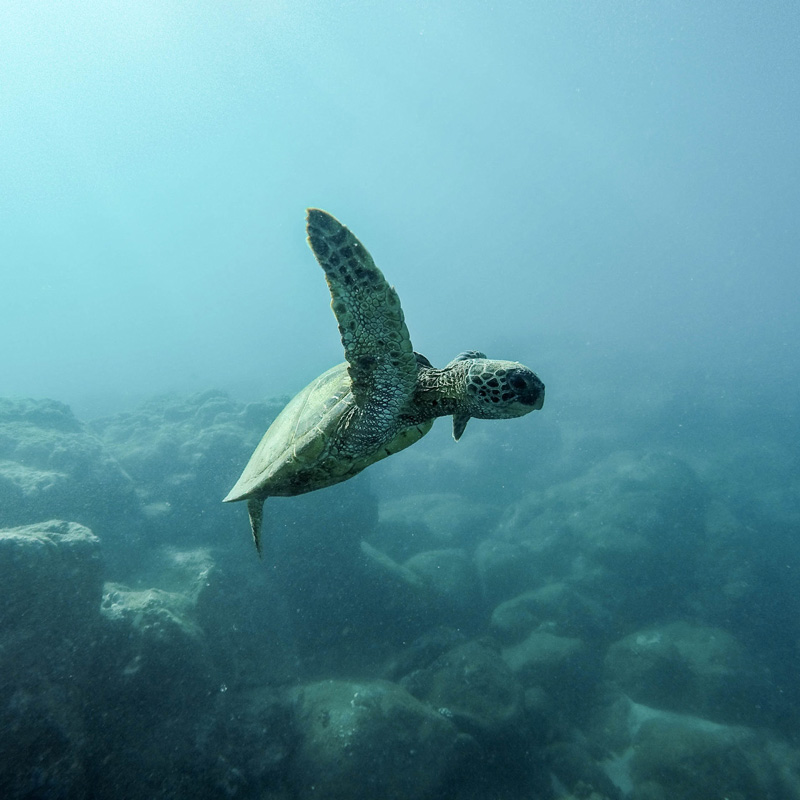
2. KNOW WHAT IT MEANS TO YOU - Ana, @asustainalivity
"1. Think about the life cycle of every product you buy. 2. Have a vision what sustainability means to you. 3. Create a warm atmosphere at home with sustainable materials they're good for your health. 4. Avoid Toxic ingredients"
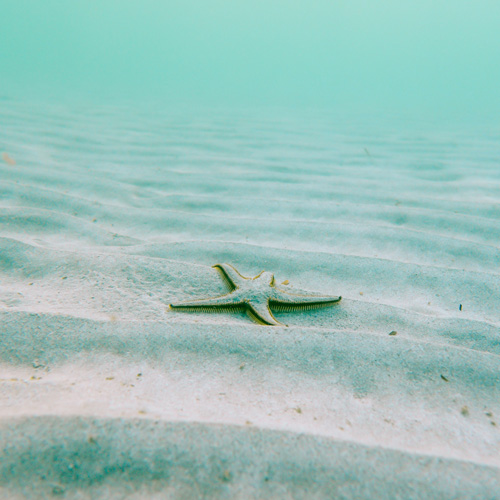
3. START SMALL - Sadie, @simplyyy.sadie
"My recommendations would be to start small and work from there. It has taken me a longgg time to be where I'm at now. A lot of trial and error. So simple changes could be taking reusable bags to the grocery and skip the plastic produce bags (They sell mesh produce bag). Find places that sell bulk so you can skip the packaging all together. Shopping second hand is a great one too!" There are so many little things that can make a big difference, I'm a firm believer in that. My idea with this blog was always to show that you don't need to drastically change your whole life to be able to make an impact.
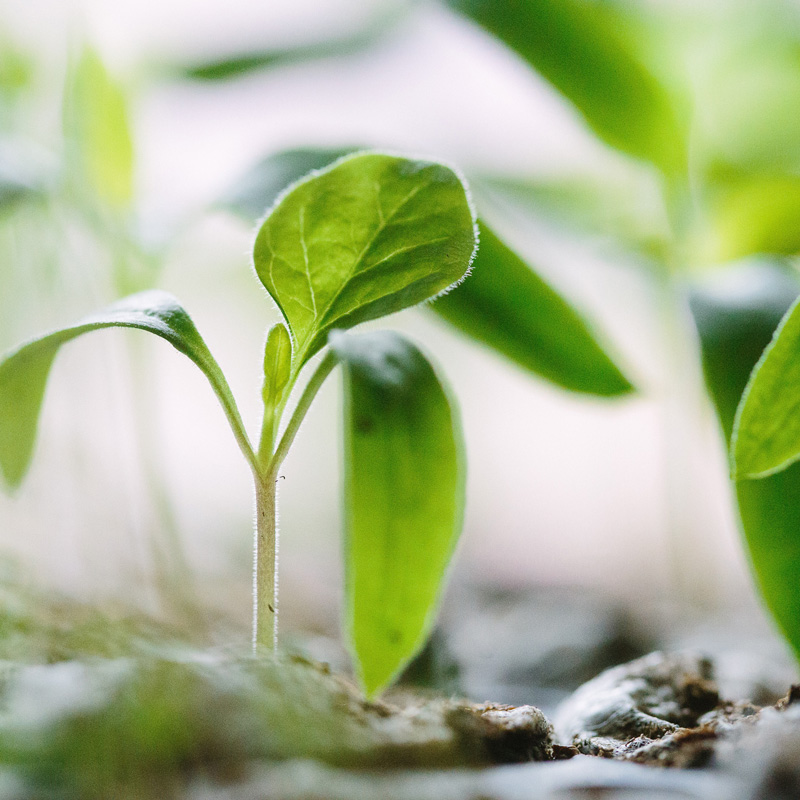
4. RESIST IMPULSE PURCHASES - Erin, My Green Closet
"My biggest tip is to just take a second to think about a purchase and if it's something you actually need. Impulse purchasing creates a lot of waste so only buying things you actually will use and keep is a great first step!" This is probably the biggest thing I changed in my life, all things considered. I was definitely an impulse buyer, which was not only bad for the environment, but for my bank account as well. I even made it a 2018 resolution! For the last few months since starting the blog, I've been making an effort to reduce my shopping and although nothing is perfect, I can definitely think of some things I would've regretted purchasing.
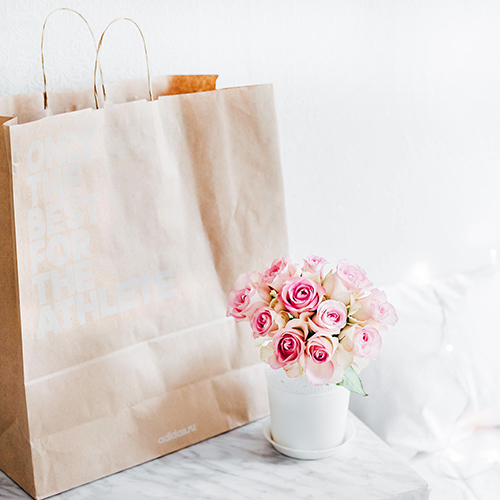
5. PLAN BEFORE YOU BUY - Besma, www.curiouslyconscious.com
"My best tip is "Plan before you buy" because time to plan means you can check the ingredients, production, and also check if you really need something!" This is probably the biggest game changer for me and I never even thought of putting it in an advice list, so I'm happy it popped up. I didn't really do this intentionally but it did come naturally with time. I try to never buy things I didn't plan on buying. If I see something interesting I will wait, do some research and then go back if I still want it. It's a really good way to get rid of those impulse purchases!
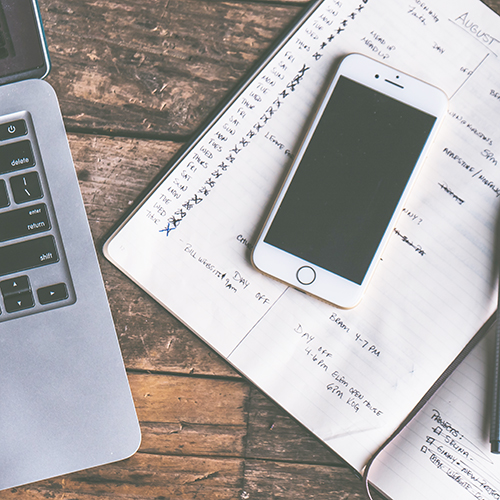
6. AVOID FAST FASHION - Georgi, Conscious Living with Georgi
"My one best tip would be to quit fast fashion! The fast fashion industry is an environmental disaster. For example, non organic cotton farming is incredibly toxic and thirsty. It has resulted in the loss of the Aral Sea in Central Asia. It used to be the fourth largest lake in the world. Even the dust from the lake is carcinogenic due to the pesticides and insecticides used from farming. This dust blows onto local villages covering them in toxic chemicals. Another example is that 20% of the industrial water pollution comes from the treatment and dying of textiles. Each year, textile companies release millions of gallons of synthetic (around 8000) chemicals into waterways. This not only stretches into the land but the ocean and spreads disease into local villages. Buy less, buy second hand, use what you already own, swap, get hand me downs, buy organic, upcycle... there are tons of more positive ways to shop. Avoid fast fashion to avoid damaging our planet and people. " Need I say more?
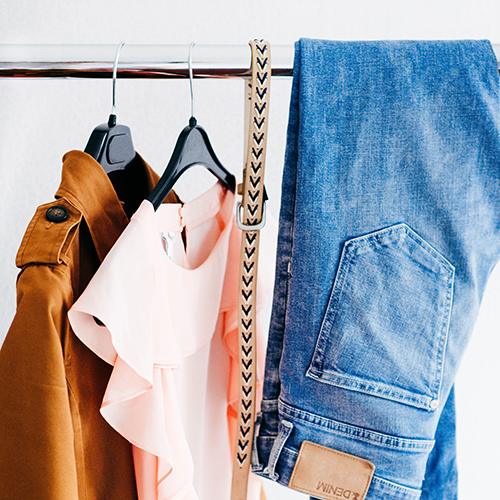
7. CONSIDER FABRICS YOU ARE PURCHASING - ZeBiotante
"Considering the choice of materials we choose for clothing as plastic particles wash out into our oceans. There are filters for washing machines, but this might be the more feasible solution." This is easily the thing that shocked me the most when I started researching things I could do to live without impacting the ocean. We all hear about microplastics and microbeads but we never think about how our clothes send million of them down the drain. I've written a post about this particular issue if you are curious. Otherwise it's very interesting to see how different fabrics impact the environment in different ways. There definitely is a choice to make there and ways to improve. If you're worried about the clothes you already own, you can get yourself a Guppy Friend, which is a laundry bag that filters out these microfibers!
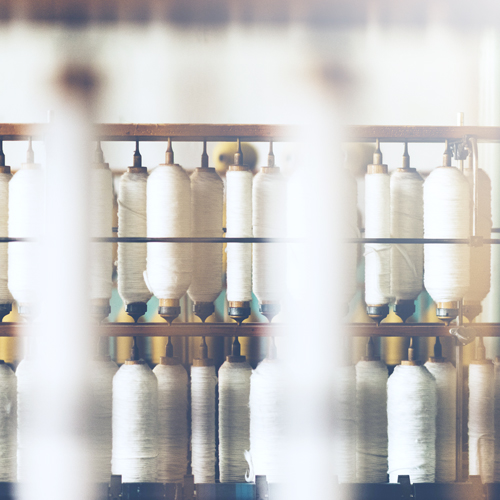
8. CONSUME LESS - Lizzie, Lizziebombini
"I would say my best tip is to consume less, as I think this is something everyone can do, and sure things you do consume count towards a better world and are carefully considered!" This is a round up of the last few advices but it applies to everything. Do you really need that many kitchen utensils? Do you need 5 different sets of towels? I don't know about you but I tend to always want "Just in case" items and ends up with me having way too many things for someone who lives alone. I am not a minimalist but I definitely appreciate that aspect of what they stand for. We don't need all that stuff.
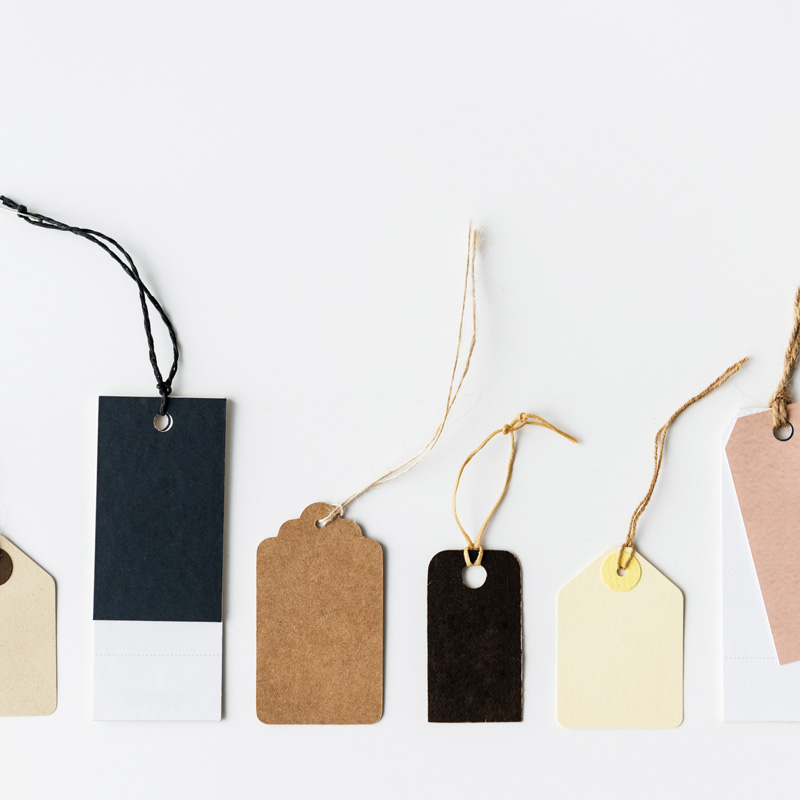
9. START COMPOSTING - Sadie, @simplyyy.sadie
"Composting has been a real game changer for me. I used to think it was confusing and time consuming but it's totally the opposite. My food waste is literally eliminated. I had a worm bin before my yard compost and I really liked it. It didn't eliminate all my food waste because the worms can handle so much at a time but it's a great way to compost in apartments! Uncle Jim's Worm Farm is where I got mine and they give you all the info to start, and it's super easy to maintain" I've always been a bit weary of composting because I'm in an apartment with no balcony and I don't have a garden. Although it is a good option to start looking for companies that will collect food waste separate from regular bins.
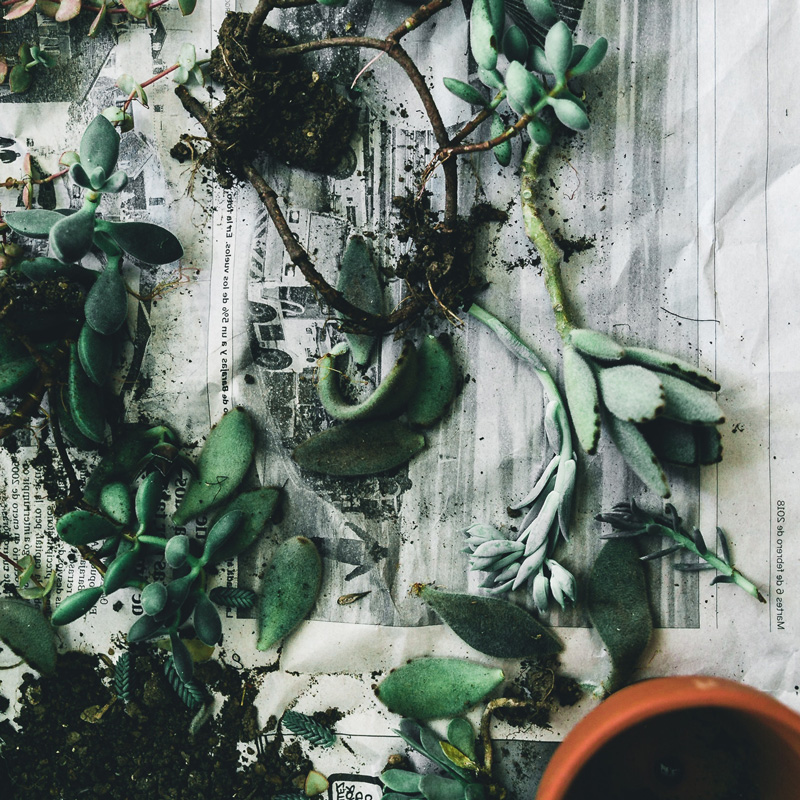
10. USE LESS PLASTIC - Brooke, brookesays.com
"I think one of the smaller everyday changes I've made is using less plastic. People don't realize just how much plastic we consume on a daily basis, so I use eco friendly cloth produce bags at the store, steel straws, glass food storage containers, etc." This advice kept coming up again and again, and with good reason. I think with Blue Planet 2, people immidiately think "plastic" when you ask them about things that are threatening the oceans. There are so many things to do so reduce our consumption, from bringing cloth bags to the store and refusing single use plastics like straw. If you need some inspiration you can watch A Plastic Ocean, a documentary about what's currently going on and how we can help. It's even on Netflix right now.
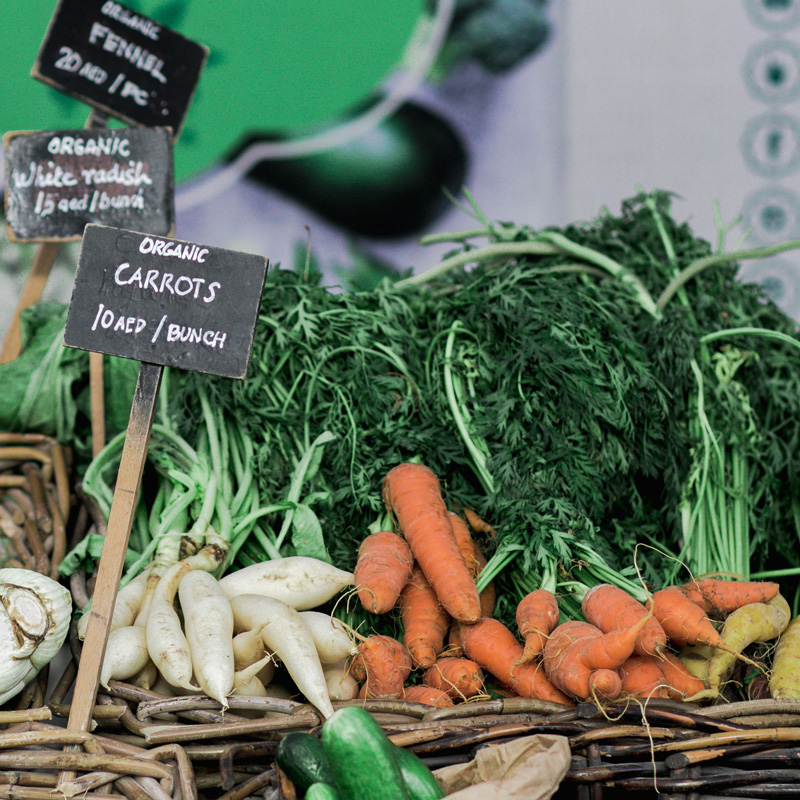
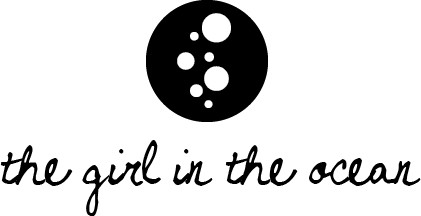
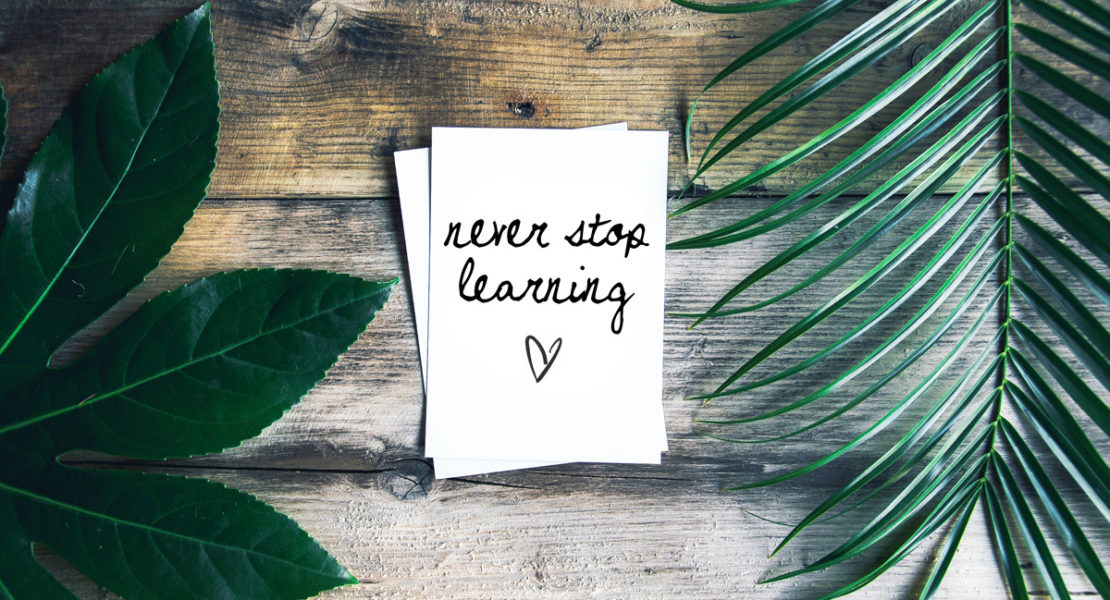
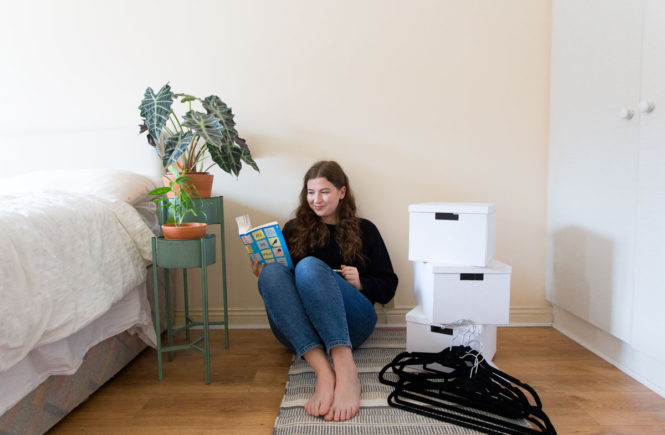
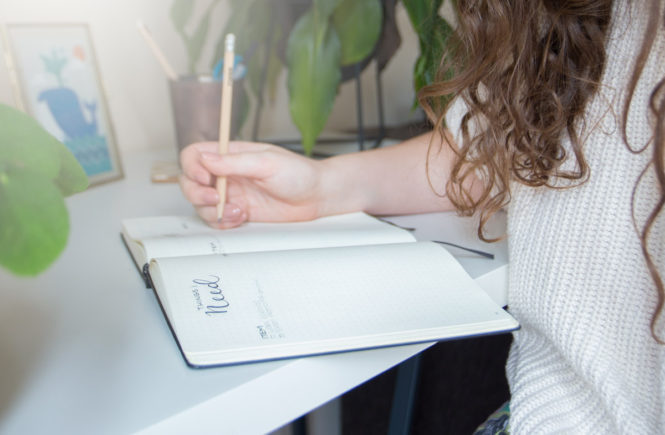
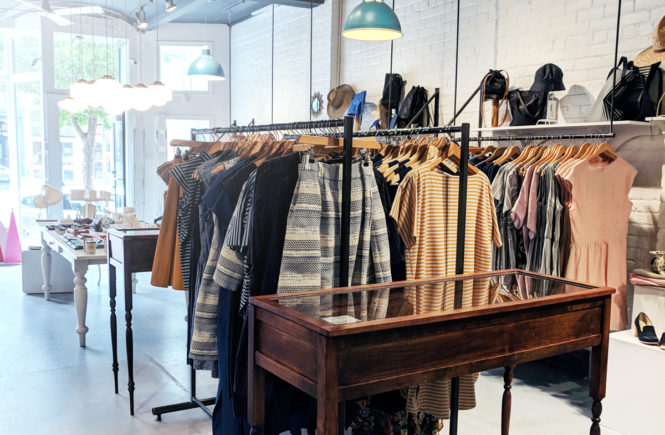
4 comments
Thank you so much, you created a wonderful post for sustainability “beginners”. I would love to hear more from your action for a more sustainable world! Nice blog 🙂
Thank you!! There’s definitely more to come, I feel like everyday I’m discovering new things! I’m glad you like it 🙂
Great impulses and very encouraging, thank you 🙂
Thanks, that’s the best compliment! It’s so easy to get caught up in what we’re not doing right, I think it’s important to remember that it’s a process, and doing what we can is enough 🙂